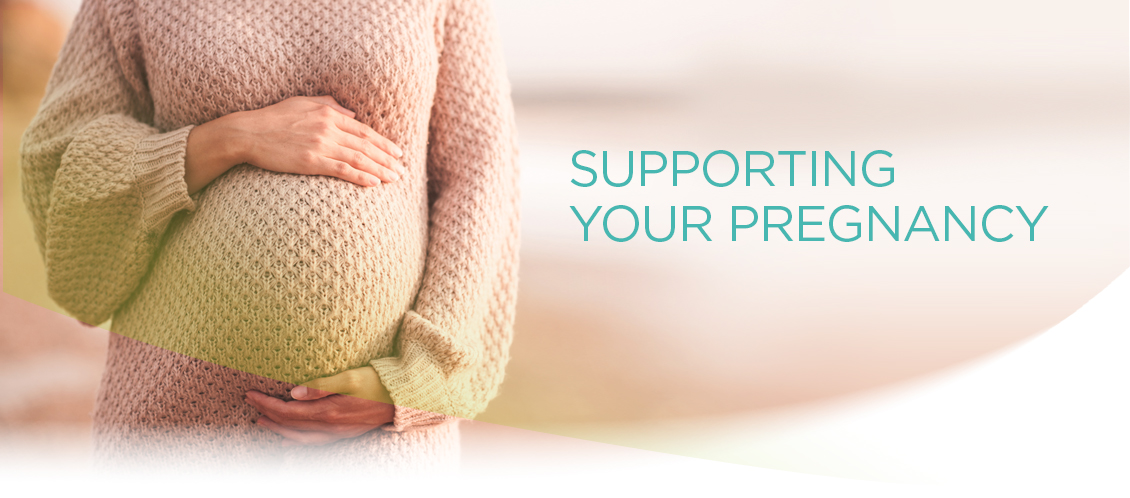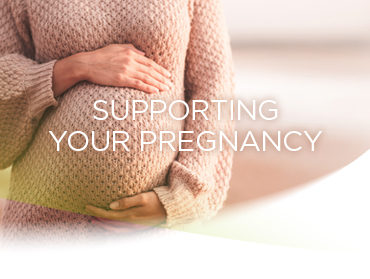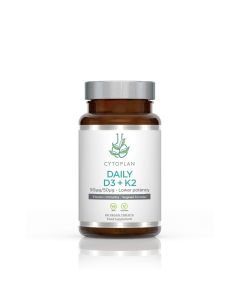Breathe easy, thrive better 🌼 | Shop allergy support
FREE DELIVERY FOR ORDERS £25 AND OVER
FREE vitamin D3 when you spend £50 or more!
 Order by midday 20th December for Christmas delivery
Order by midday 20th December for Christmas delivery 
 Xmas last orders 12pm Dec 20
Xmas last orders 12pm Dec 20



Early life, from conception through to infancy, is a period of growth and development more rapid and significant than at any other stage of life. This critical period – also known as the ‘First 1,000 Days’ – provides a window of opportunity not only to nourish your own body and promote a healthy pregnancy and postnatal period, but also to support the health of your baby, at birth and throughout their life.
So, whether you are planning for a baby, currently pregnant or have recently become a mother, providing your body with the right levels of key nutrients is one of the best things you can do to support your health and the health of your baby. Below we have detailed the most frequently asked questions with our expert nutritional therapist and featured our popular blogs including an article on the role of nutrition throughout your new journey.
FAQ
Our nutritional therapists have answered the most common questions we get asked. if you need further information, please contact our nutrition team via email nutrition@cytoplan.co.uk


Q: What supplements do I need to take whilst pregnant?
A: Congratulations! Pregnancy is such an exciting time for you and your family – and a great opportunity to nourish your body, not only to foster the health of your growing baby but also to support your body to reduce the risk of those pregnancy niggles and promote a healthy recovery after the birth.
Alongside a nutritious diet, the following supplements could help to support you throughout your pregnancy, birth and beyond.
- A comprehensive wholefood pregnancy multivitamin and mineral supplement with good levels of nutrients such as B vitamins, folate, vitamin D, iron, zinc and iodine will help to prevent any deficiencies ensure you and your baby are well nourished.
- An Omega 3 supplement can help to support the healthy brain and neural development of your baby
- A live bacteria supplement (probiotic) can help to promote the balance of friendly bacteria in the gut and could help to ease digestive discomfort.
Q: I’m suffering with morning sickness, is there anything I can take to help?
A: Nausea and vomiting are a very common occurrence in early pregnancy, affecting up to 80% of women – and despite its name, can happen throughout the day, with most expectant mums experiencing nausea more in the evening! It normally occurs in the first trimester, up to 12 weeks, but can continue into the second trimester in some women.
Morning sickness is thought to be the result of fluctuating hormone levels or possible changes to blood sugar balance, but its exact cause is unknown. Taking a comprehensive pregnancy multivitamin and mineral could help ensure good levels of nutrients such as zinc and Vitamin B6 which might help with sickness. Probiotic supplements have also been shown to reduce both nausea and vomiting – as well as give many health benefits for you and your baby.
Q: What is L-Methylfolate and how does it differ to folic acid?
A: Folic acid (or folate) plays a crucial role in pregnancy and your baby’s development. It is essential for cell division and tissue growth and one of the key nutrients for brain growth and development. Folate’s role in preventing neural tube defects is well known and it is recommended that you supplement with 400mcg as soon as you begin to plan your pregnancy.
Rather than the synthetic isolate folic acid, we use the active form, L-Methylfolate. It is thought that up to 60% of the population have a genetic polymorphism that impairs the conversion of supplemental folic acid into this active form. Taking the bioavailable form of a nutrient means that adequate amounts will be absorbed, ready to be used by the body straight away.
Do you need more support?




